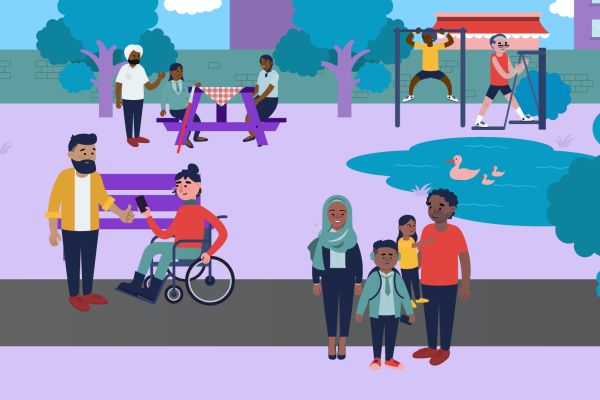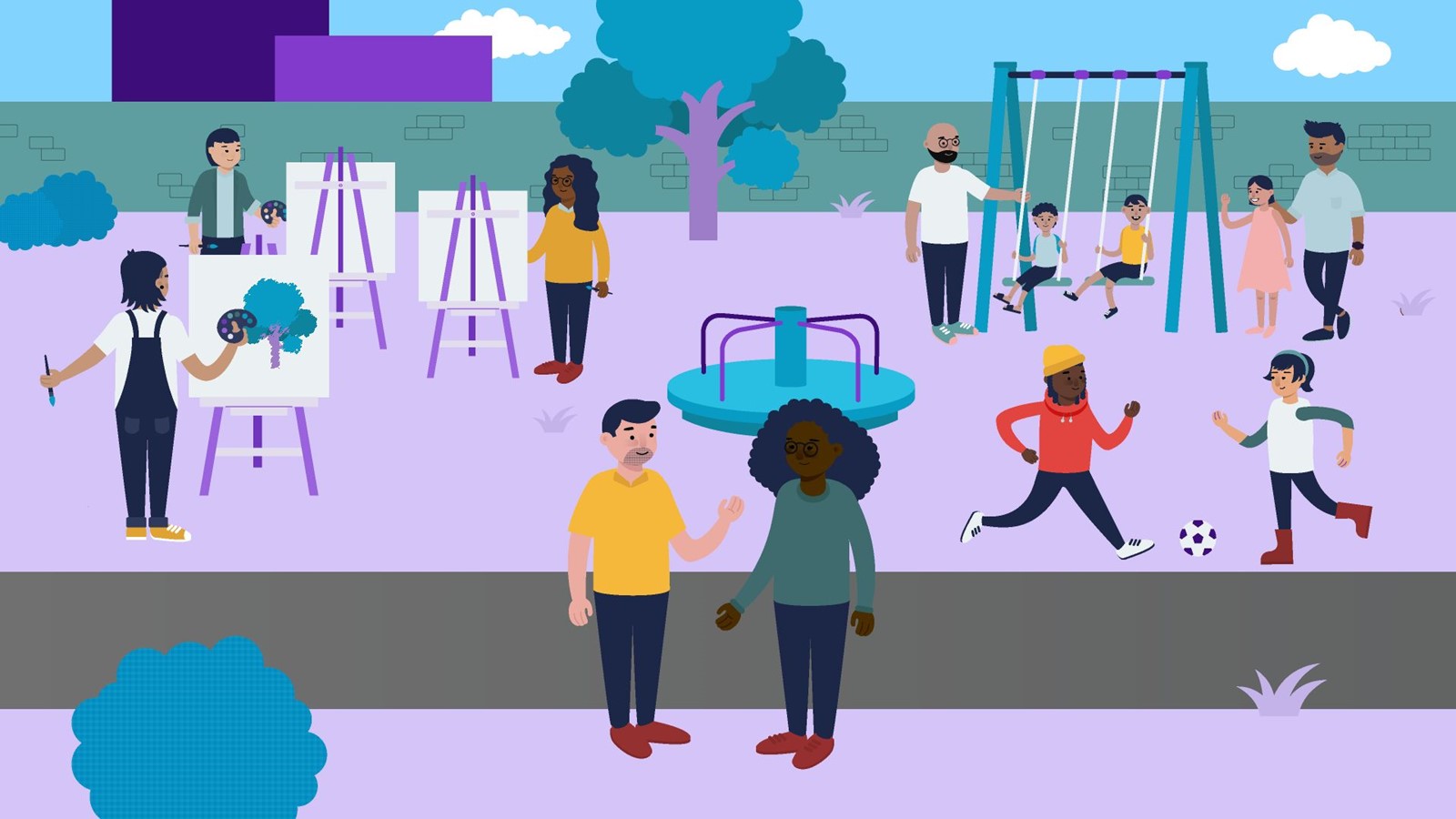"Do the best that you can until you know better. Then when you know better, do better." Maya Angelou.
At the core of all research, in any field or discipline, is the desire to know better and then to use this knowledge to do better. It is an endeavour that we all share as researchers regardless of our varied scientific perspectives, epistemological stances, or methodological approaches.
However, as an early career mental health researcher, I'm particularly driven by how our work can enable us to do better for a society where, according to the Survey of Mental Health and Wellbeing in England, one in six people have experienced symptoms of a mental health problem (such as depression or anxiety) in the past week, with a record number of those receiving mental health support this year being children. These statistics drive home the importance of continued research into effective and innovative mental health therapies and interventions for all members of our society.
As such, although I'm still very new to my research fellow role at BACP, I'm delighted to have already been involved in several fantastic mental health research projects that aim to support practitioners in developing their practice and, ultimately result in better mental health outcomes for clients. This includes several collaborative projects with universities, charities and consortiums exploring mental health support and provision for different client and non-client groups. These groups include caregivers of children and young people receiving mental health support, refugees and asylum seekers and disabled people, to name a few. We're also investigating ways to innovate therapeutic practice, including explorations of online counselling from both the practitioner and client perspective.
Our collaborative approach to conducting mental health research is particularly important as working collaboratively can serve to maximise impact and innovation through the sharing of ideas, contacts and resources. To this end, we're also continuing to explore avenues for research collaboration. This not only concerns how we work with our research partners, but also who we work with, including an increased focus on creating opportunities for experts by experience to shape mental health research going forward. Through these approaches, research can continue to be a driver for better mental health outcomes throughout society – gradually enabling everyone in the mental health field to know more and do more for those who need it most.
Read more...

Mental Health Research Matters
We believe that counselling changes lives and that's why we’re supporting the national #MentalHealthResearchMatters campaign. Check out our blogs, articles and other resources.

Promoting research
Research is important for clients, for practitioners and politically to continue to demonstrate that counselling changes lives.

Blogs and vlogs 2022
News and views from members, staff and clients
